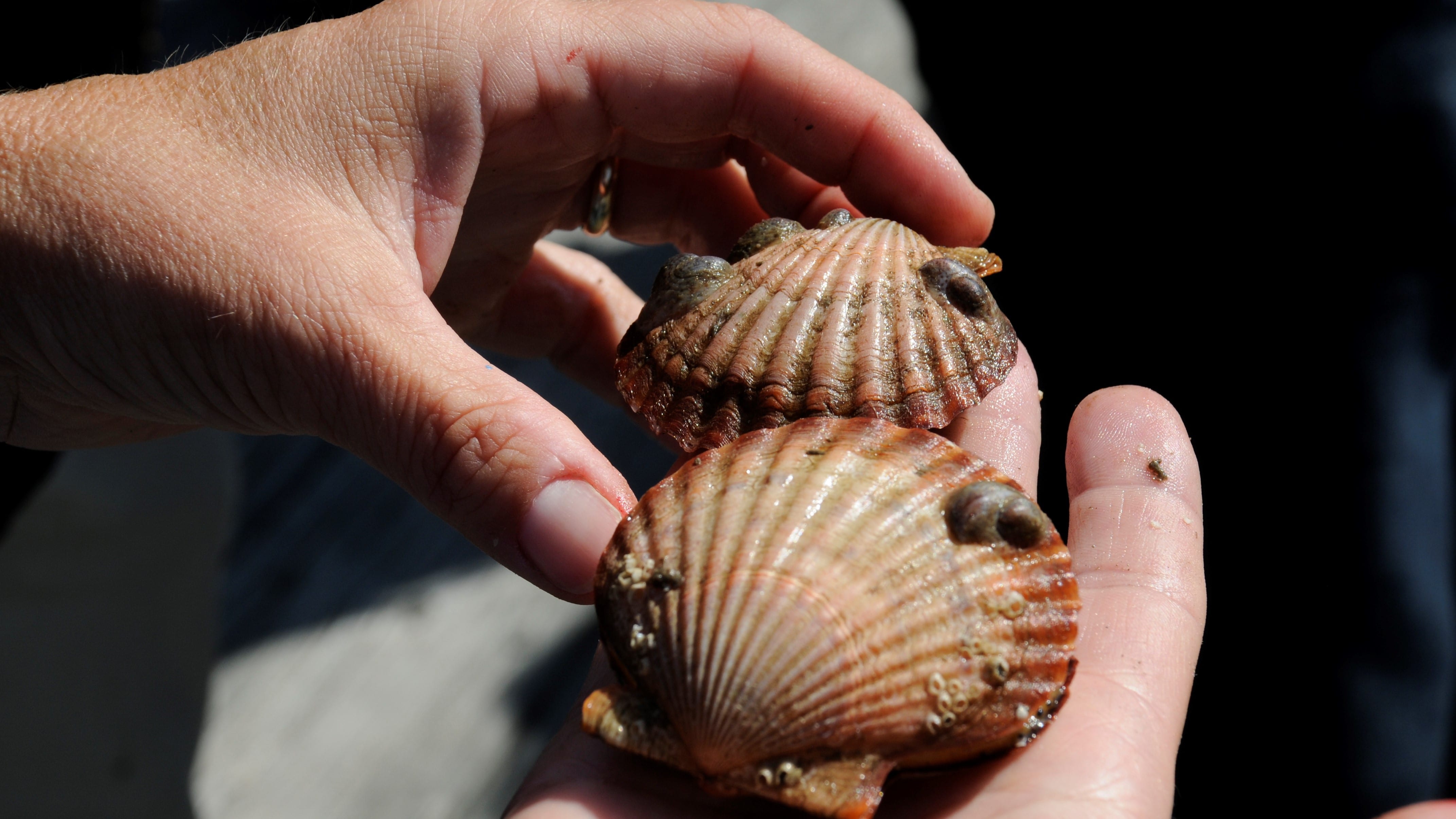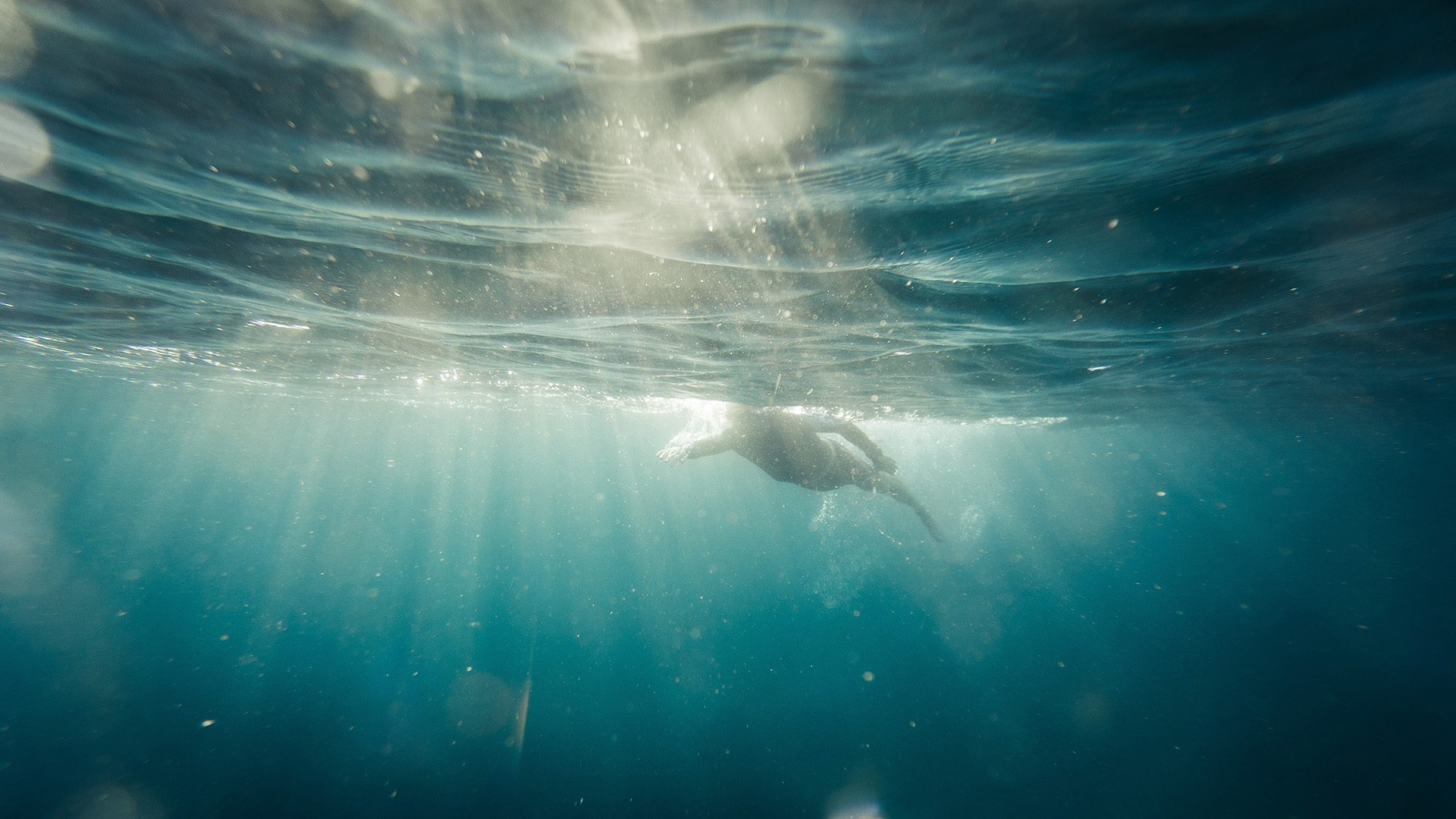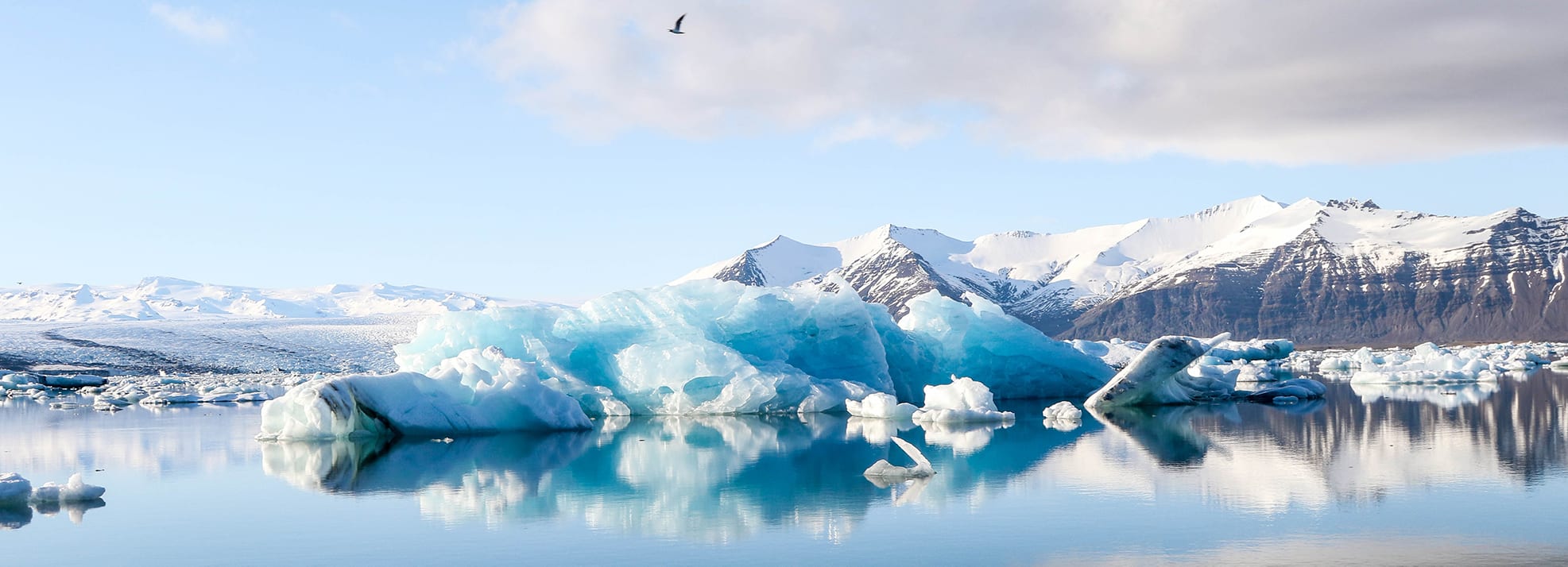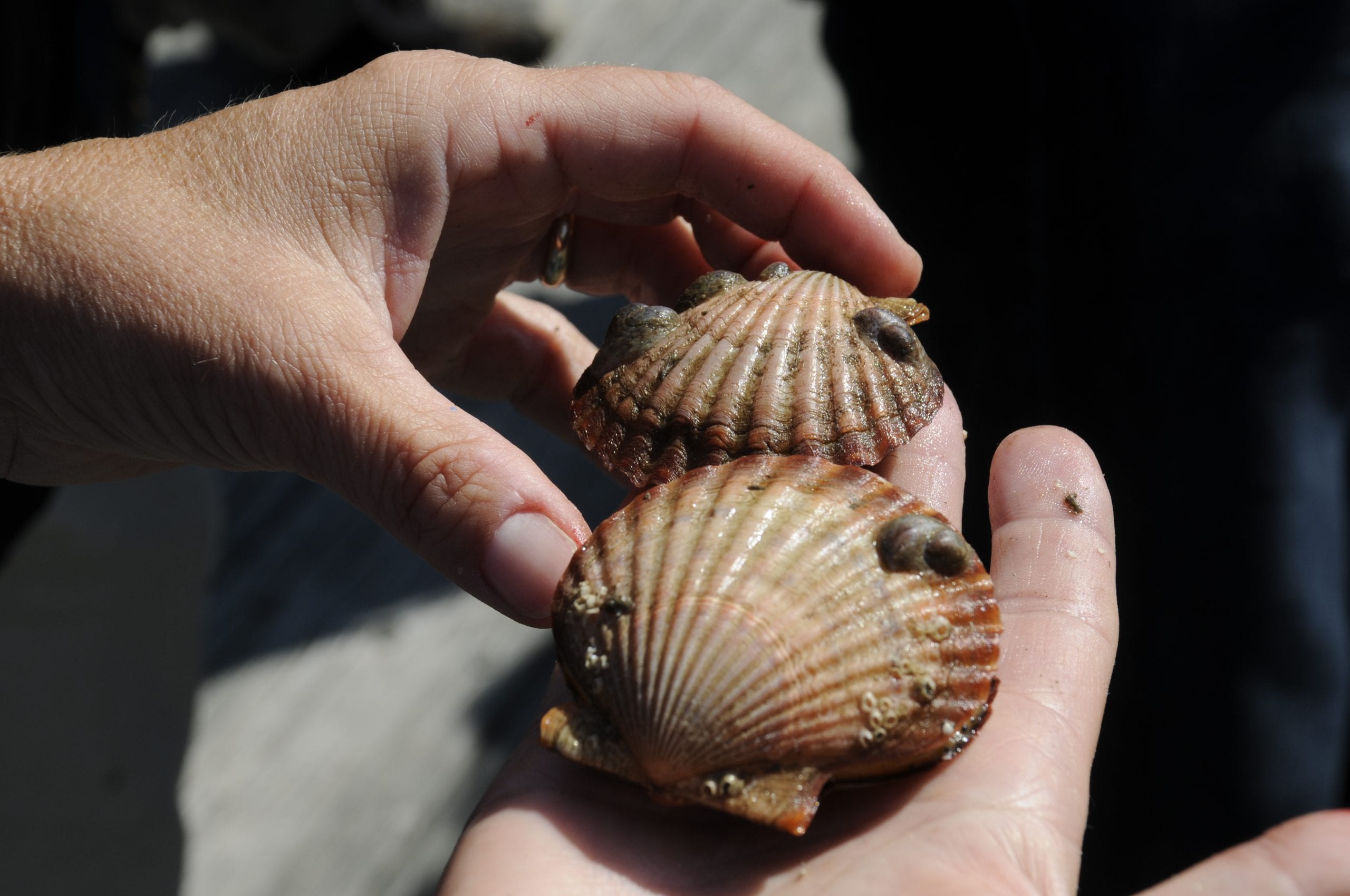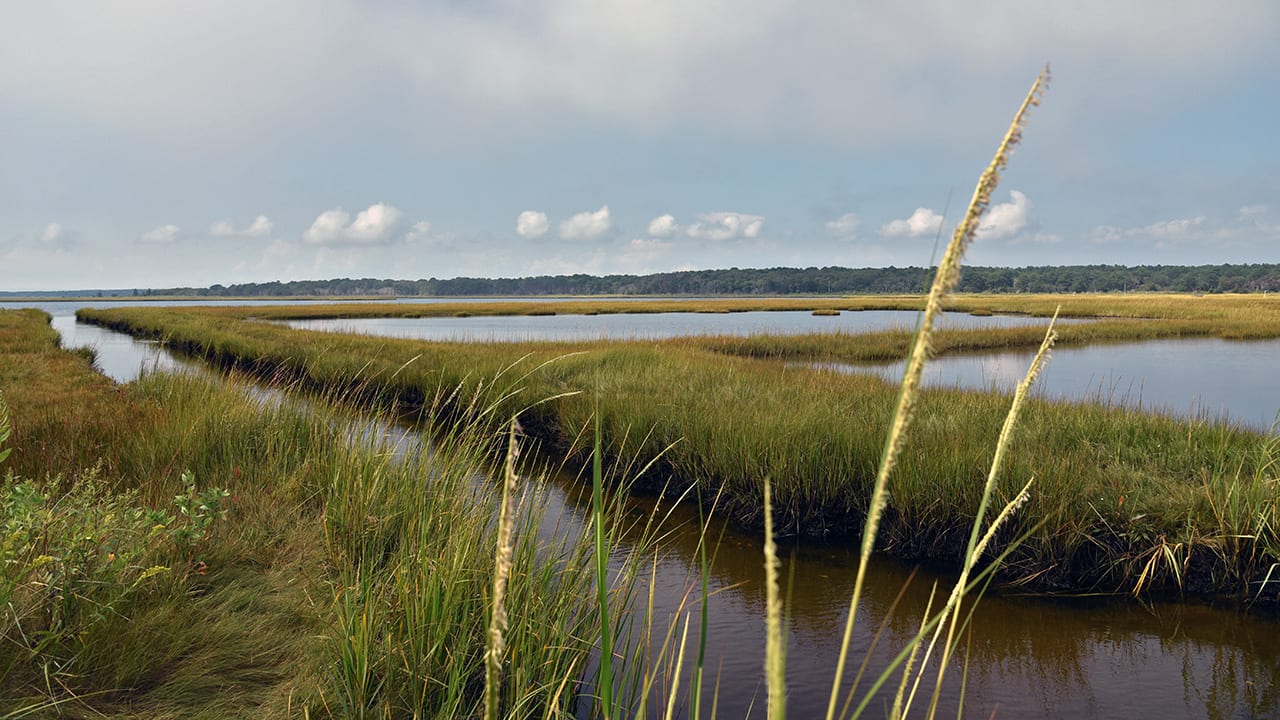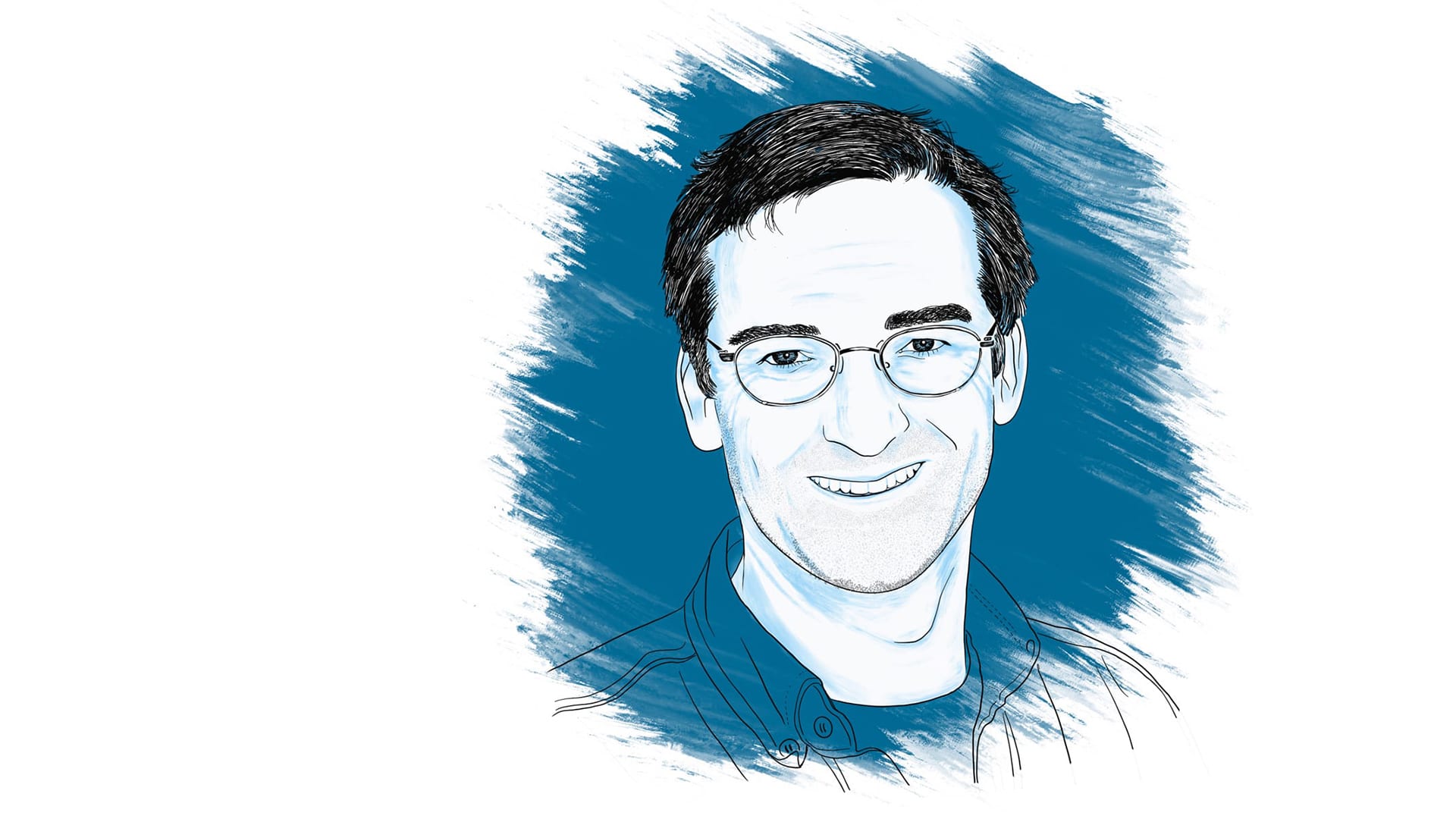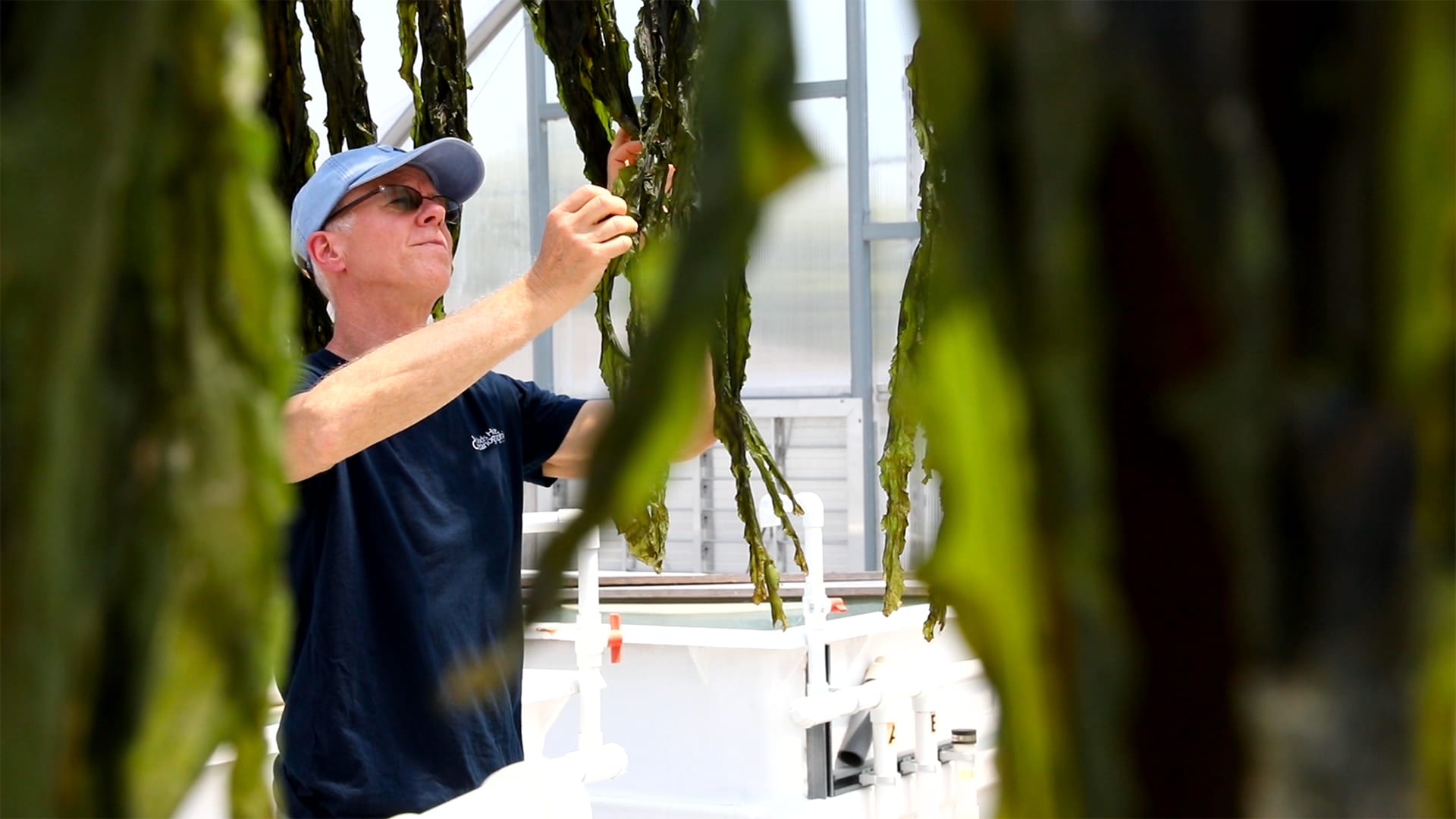News & Insights
Ocean acidification gets a watchful eye in New England aquaculture ‘hot spot’
Shellfish aquaculture is thriving in New England, but future growth in the industry could be stunted as coastal waters in the region become more acidic. Researchers at WHOI have developed a way to link nutrient load reductions to improvements in the health of Buzzards Bay, Massachusetts, which may an important step toward cleaner and less acidic harbors in the Baystate.
Read MoreIndependent Panel Recommends Strong, Clear Guidelines for Development of Marine Aquaculture in the United States
WHOI Convenes Task Force of Business, Environmental, and Scientific Leaders January 8, 2007 Congress should enact legislation to ensure that strong environmental standards are in place to regulate the siting…
Read MoreFive ways to celebrate World Ocean Month
Whether you live on the coast or far from the ocean, World Ocean Month is a reminder that we’re all connected by water on this blue planet. So how exactly do you celebrate? We’ve got a few ideas for you!
Read MoreWHOI’s commitment on World Ocean Day (and every day!)
World Ocean Day 2021 kicks off the UN Decade of Ocean Science for Sustainable Development. Here are some of the ways WHOI shows its commitment to the sea
Read MoreWHOI working to address ocean acidification; protect region’s vital shellfish industry
A new report addresses the impacts of ocean acidification in Massachusetts and New England coastal waters on the region’s vital seafood industry.
Read MorePutting a value on green infrastructure to protect coastal communities
During an era of increasing sea level rise, WHOI marine policy experts Hauke Kite-Powell, Di Jin, and Porter Hoagland quantify the ecological value of shore-stabilizing ecosystems like wetlands and barrier islands
Read MoreTo sail, not to drift
Navigating a changing ecosystem, funding marine science, and finding hope—WHOI Deputy Director Rick Murray charts the course toward our ocean’s future.
Read MoreUncharted waters
Our global ocean will change dramatically over the next few decades. What might it look like, and how will humans adapt?
Read MoreSpock versus the volcano
Five hundred meters below the calm surface waters of the Aegean Sea off Santorini Island, Greece, lies an active submarine volcano. There, a decision-making robot equipped with artificial intelligence searches for life and danger.
Read MoreKing Kelp
To help fuel our future energy needs, researchers are sizing up thousands of blades of sugar kelp—a promising source of biofuels—to breed strains that grow larger, heartier, and more abundantly.
Read MoreRenewable Energy Opportunities and Issues on the Outer Continental Shelf
Porter Hoagland, Research Specialist Marine Policy Center Woods Hole Oceanographic Institution April 24, 2007 I have been asked to discuss the current regulatory structure for offshore wind, wave, and current…
Read MoreHearing on “Harmful Algal Blooms and Hypoxia: Formulating an Action Plan”
Dr. Donald M. Anderson Senior Scientist, Biology Department, Woods Hole Oceanographic Institution Director, U.S. National Office for Harmful Algal Blooms September 17, 2009 Mr. Chairman and members of the Subcommittee. …
Read MoreHearing on “Harmful Algal Blooms: The Challenges on the Nation’s Coastlines”
Dr. Donald M. Anderson Senior Scientist, Biology Department Woods Hole Oceanographic Institution Director, U.S. National Office for Marine Biotoxins and Harmful Algal Blooms July 10, 2008 Mr. Chairman and members…
Read MoreThe Federal Ocean Acidification Research and Monitoring Act: H.R. 4174
Scott Doney, Senior Scientist Marine Chemistry & Geochemistry Department Woods Hole Oceanographic Institution June 5, 2008 Introduction Good morning Chairman Lampson, Ranking Member Inglis and members of the Subcommittee. Thank…
Read MoreEffects of Climate Change and Ocean Acidification on Living Marine Resources
Scott Doney, Senior Scientist Marine Chemistry & Geochemistry Department Woods Hole Oceanographic Institution May 10, 2007 Introduction Good morning Madame Chair, Ranking Member Snowe and members of the Subcommittee. Thank…
Read More
